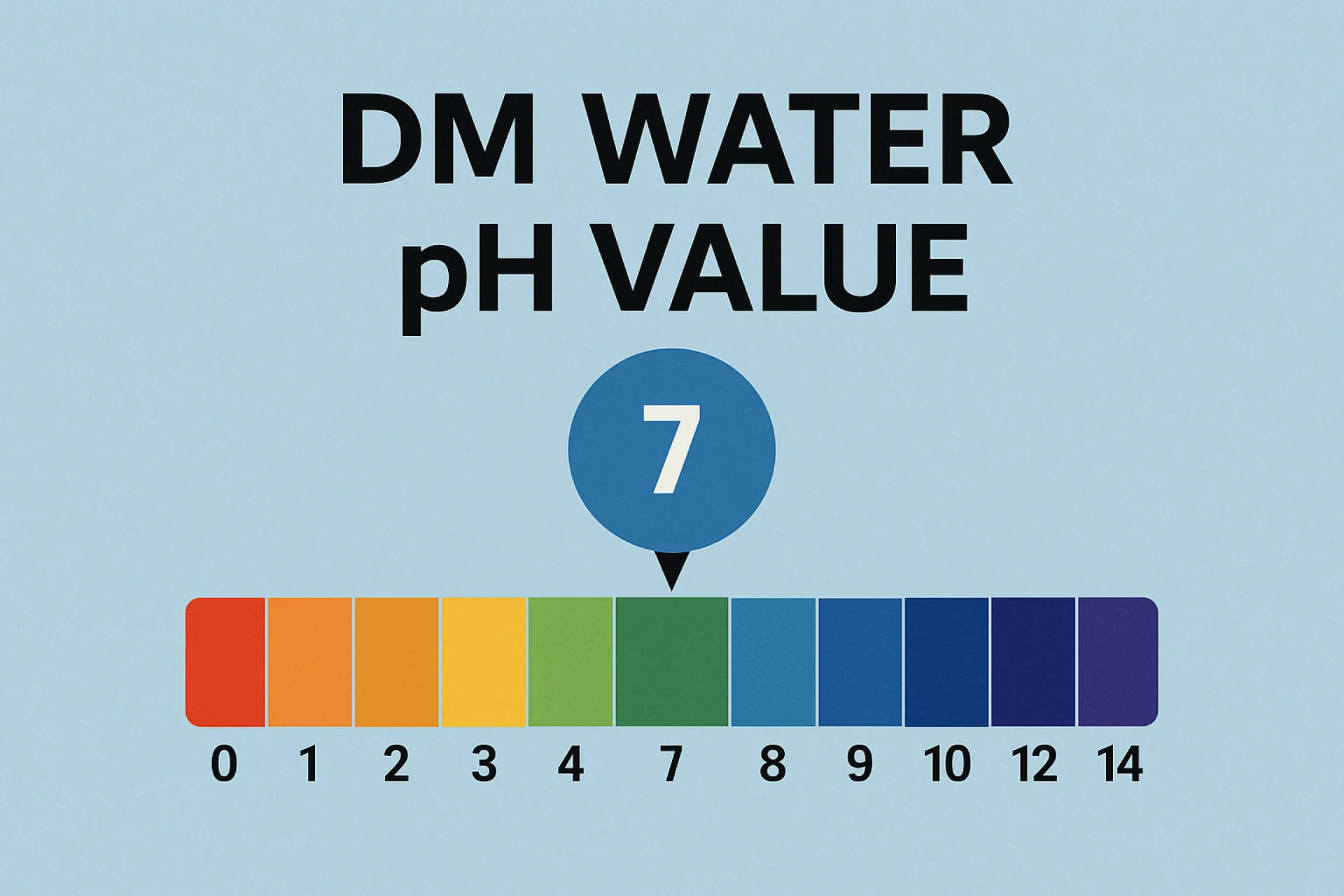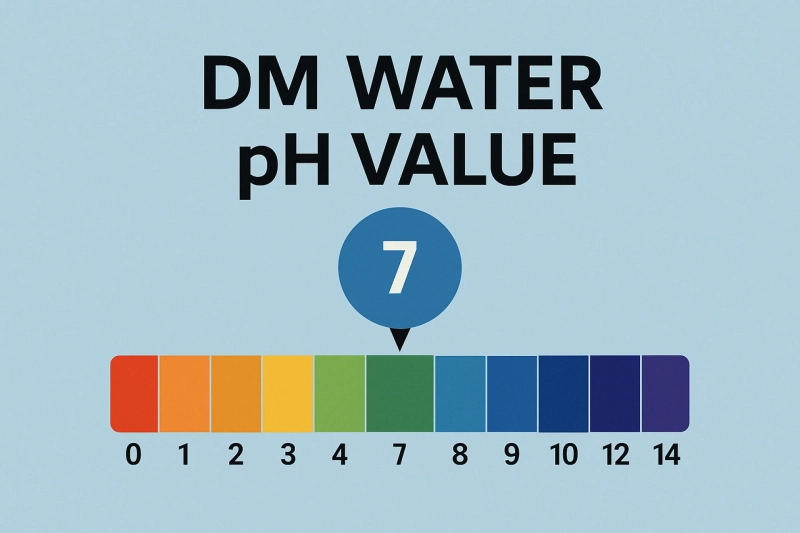dm water ph value has become a subject of curiosity for many health-conscious individuals. In Ayurveda, the quality of water plays a crucial role in digestion, skin glow, and overall vitality. While modern science studies water pH through chemistry, Ayurveda sees it as a factor influencing dosha balance and internal harmony.
Understanding water pH is essential because what we drink directly affects our body’s natural systems. Water is not just a thirst quencher; it is a carrier of life force, or prana, and its pH can decide whether it supports vitality or leads to imbalances.

dm water ph value and Its Importance in Daily Life
The dm water ph value usually ranges around neutral, but this can vary based on the purification process. Demineralised water is stripped of minerals, making it different from natural spring water. According to Ayurvedic thought, this mineral loss may reduce water’s ability to nourish tissues effectively.
Scientific studies reveal that drinking water with a balanced pH supports better digestion and metabolism. Too acidic or too alkaline water may disturb the body’s natural balance. Ayurveda recommends water that is clean, slightly alkaline, and enriched with subtle minerals for optimal health.
One can use natural enhancers like cmd water drop or alkaline water drop to restore balance and vitality to purified water. These drops not only improve taste but also support hydration at the cellular level.
dm water ph value Compared with Natural and Treated Water
To understand dm water ph value, it is useful to compare it with other types of water:
- Natural spring water usually has a mild alkaline pH due to dissolved minerals like calcium and magnesium.
- ph of ro water often leans towards acidic because the process removes minerals while reducing TDS (Total Dissolved Solids).
- Purified water ph level depends on the method of purification – boiling, distillation, or reverse osmosis can shift the balance.
- Drinking water ph and tds are closely linked: water low in TDS may not necessarily be healthy if it lacks essential minerals.
Ayurveda explains that water devoid of natural rasa (essence) may fail to nourish the tissues. Hence, the pH balance along with mineral content is crucial for maintaining ojas – the subtle energy of vitality.
dm water ph value and the Ayurvedic Approach to Balance
From an Ayurvedic perspective, the dm water ph value reflects more than just a number. It is about how the water interacts with our body’s constitution:
- For Vata dosha, slightly alkaline water helps reduce dryness.
- For Pitta dosha, neutral to mildly alkaline water calms heat and acidity.
- For Kapha dosha, balanced water prevents heaviness and stagnation.
Thus, maintaining harmony in water quality ensures that the doshas remain in balance. One may use Ayurvedic practices such as boiling water with herbs like tulsi, ginger, or cumin to improve both taste and energetic quality. These methods enhance not only the pH but also the prabhava (special potency) of the water.
The Science of pH and Ayurveda’s Subtle Insights
Modern chemistry measures pH using a logarithmic scale from 0 to 14, where 7 is neutral. Ayurveda, though ancient, recognised water as Jala Mahabhuta – the elemental principle of fluidity and life. The meeting point between these two perspectives offers a deeper understanding: while science analyses numbers, Ayurveda interprets how water influences Agni (digestive fire), dhatus (tissues), and overall balance.
External research highlights that long-term consumption of extremely acidic or alkaline water may disturb natural body processes [Source: Wikipedia on pH]. Ayurveda agrees, but it goes further, suggesting ways to harmonise water through natural methods rather than chemical alterations.
FAQs
Q1. What is the ideal dm water ph value for drinking?
The ideal dm water ph value is close to neutral, around 7. This ensures water neither causes acidity nor disturbs the body’s natural pH.
Q2. Is low ph of ro water safe to drink?
Low ph of ro water can be acidic, which may not be ideal for long-term use. Experts recommend balancing it by adding natural mineral sources.
Q3. How does purified water ph level affect digestion?
A purified water ph level closer to neutral supports healthy digestion by preventing excessive acidity and maintaining stomach balance.
Q4. Can high ph water improve skin health?
Yes, high ph water is believed to neutralise acidity and support hydration, which indirectly benefits skin texture and glow.
Q5. What is the link between drinking water ph and tds?
Drinking water ph and tds together determine the water’s quality. Low TDS with balanced pH ensures better hydration and mineral intake.
Conclusion
dm water ph value is not just a scientific detail but a reflection of how water interacts with our health and Ayurvedic constitution. As an influencer sharing wellness knowledge, I encourage readers to see water as more than hydration – it is a subtle healer. Ayurveda teaches us that balanced water enriched with minerals, enhanced through simple practices like boiling with herbs or adding cmd water drop and alkaline water drop, can transform daily life.
A mindful approach to water quality allows us to harmonise body, mind, and spirit, achieving the true essence of Ayurvedic living.



